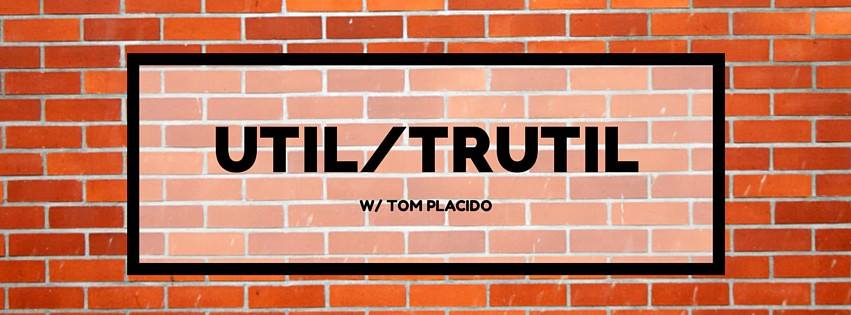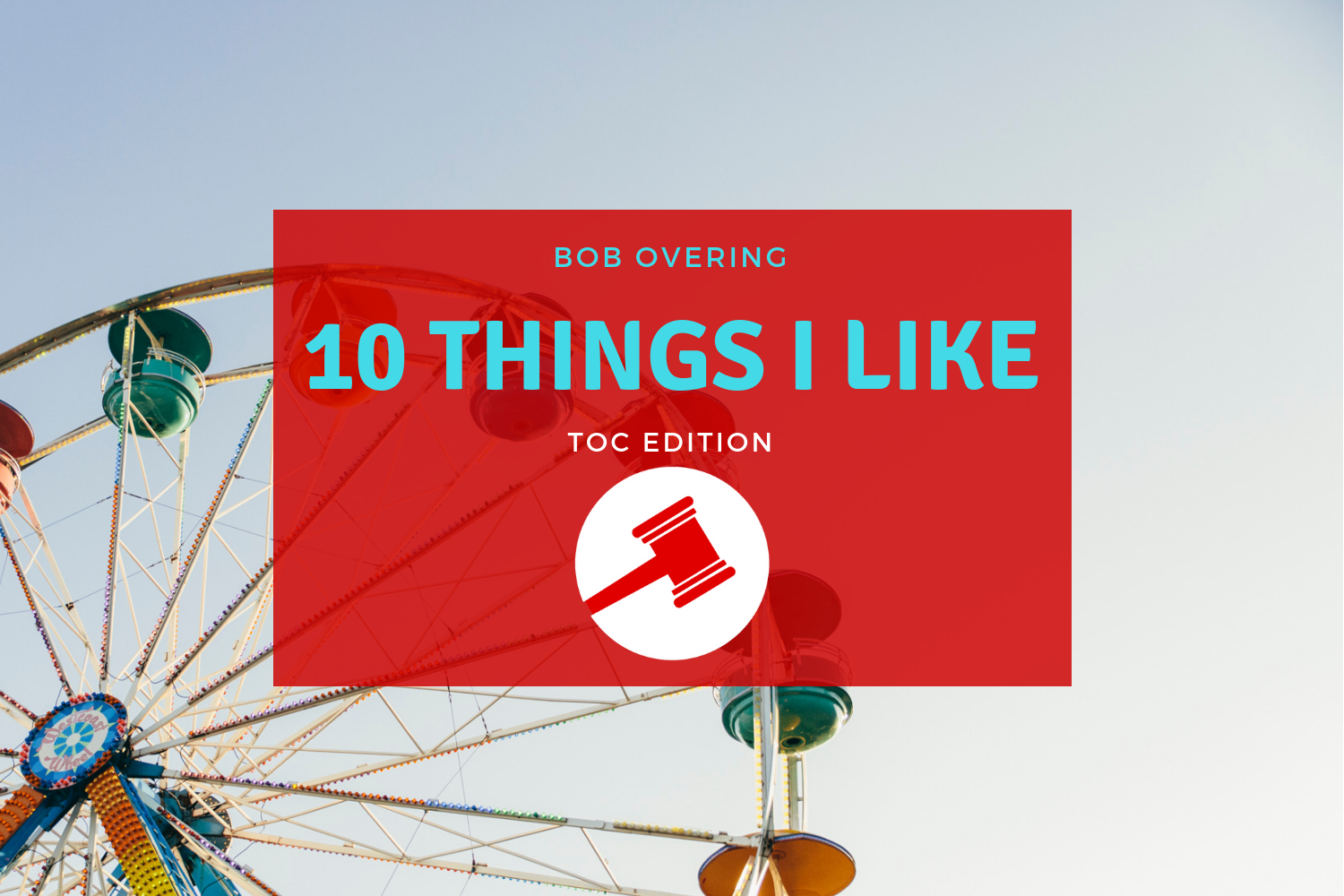Util/Trutil with Tom Placido: 5 Ways to Research Plans

Welcome to this week’s installment of Util/Trutil. Today’s article will discuss five different ways to research plans generally, with some advice and applications for the new topic. Let’s jump right in!
1. Write Down Examples.
No one actually researches away from their computer any more, so a more apt tagline might be to keep a separate document or a dedicated part of your sticky note application to list every specific example you come across in researching on a new topic. As you do general research on the topic, or perhaps are even looking for non-consequentialist positions, keep a running tab of whenever an author mentions an instance of where the topic is currently in effect, any places that the topic has been tried, or examples of where it could be tried. These individual leads can then be investigated further for solvency advocates and advantage areas. Even a brief mention in passing within an article or a single citation can prompt a new set of search terms that can fuel a good plan.
With the right to be forgotten (RTBF), the obvious example you will run across in researching is the May 2014 European Court of Justice ruling on RTBF. Since this ruling is now part of the status quo, this won’t necessarily produce a plan in and of itself, but authors who discuss the ruling will often investigate whether or not such a ruling could be applied in areas outside of the European Union. These types of analyses will often produce good solvency advocates and internal links to advantages. Argentina is another example that is often brought up in the literature surrounding RTBF, and offers another model that could potentially be applied in other countries.
2. Search for News Articles.
As much as we all love Project Muse, the best plans on the topic will not come from articles analyzing RTBF in the context of Lacanian psychoanalysis as applied to Othello and King Lear. In order to write a case that is timely and relevant on a given topic, you must search for articles that are timely and relevant. This is not to say that more scholarly sources cannot be relevant, but generally it takes much more time for an article to be peer reviewed and published in a journal than on a news website. Searching Google News, The New York Times, or The Economist, for example, will produce recent reports of how the implementation of the topic is faring in a particular region. Filtering your search to evidence from only the last year or last month will help even more. This type of evidence is great for inherency arguments, solvency cards, and politics cards. Finding more robust, well warranted evidence for advantage internal links along with solvency advocates will require scholarly research, but news articles will help point you in the right direction.
Since there have been very recent developments surrounding how RTBF is viewed internationally in a legal context (more so than, say, compulsory voting or animal rights), news articles will have the most up-to-date information for a plan. This point will be especially true if there are new developments during the time when the topic is debated. Setting up Google alerts on particular pieces of the topic can be very helpful in tracking down additional research and staying informed on your plan, and also makes the search for news articles easier. Granted, the best evidence for analyzing RTBF in a legal context will come from a book or a law review, but news articles can certainly be helpful to generate ideas and fill in the gaps where your more academic research falls short.
3. Investigate Different Geographical Areas.
Even if you fail to run into great examples in the topic literature you read, you can find good evidence for a plan simply by narrowing down your searches to specific regions or countries. Searching for “right to be forgotten” will return a different set of search results than “right to be forgotten United States.” Part of this process does rely on a bit of guesswork, but often imposing a small limit on what kinds of search results you get can greatly improve your chances of finding a good plan. Focus first on countries that are large in terms of their population and their economies. Can you limit your search to just the US? What about the UK? Investigate if any of the BRIC countries have tried to implement the topic, or at least if there are scholars that think they should. Sometimes these searches can come up empty, but more often than not, authors will choose to discuss the topic within a particular geographic and political context rather than completely in the abstract.
4. Investigate Different Impacts.
This might sound like a bit of a stretch, but searching for more generic advantage internal links and impacts can lead to more specific implementations of a plan. If RTBF is good for the economy, then it must be good for someone’s economy. Sure it might ease regulations on businesses or create jobs in the abstract, but usually this type of analysis is applied to a particular region. The same kind of logic applies for a swath of different impacts. The topic solves terrorism? Where exactly is that the case? The topic is good for international perception or norms? Which norms, and between which countries? Starting with a generic impact that reasonably applies to the topic can thus produce more specific examples of where the topic is a good idea. You can’t just scour an old impact backfile and write whatever plan you want, though. There’s probably no plan that links RTBF to nanotechnology or honeybee extinction. (Or is there? Prove me wrong in the comments!) A search based on impacts should be filtered by what impacts you run across in reading more broad topic literature.
5. Get Lucky.
Sorry, this one is less of a tip and more of an encouragement not to get discouraged when trying to research a plan. Sometimes, the best plans on a given topic are difficult to find, and only emerge after you’ve read tens or even hundreds of articles. Over the two months of any given topic, the number of plans will grow steadily. Some positions won’t even emerge until the last weekend of the topic. When it comes to research, you will be rewarded for persistence and dedication. If your first three searches don’t reveal the perfect solvency advocate for a plan you thought of, keep at it. With the tips outlined above, perseverance, and a little bit of luck, you’ll be finding better evidence and writing better plans than ever before.
If you agree, disagree, or have research tips of your own, leave a comment below, and don’t forget to like PDT on Facebook for all the latest updates.



